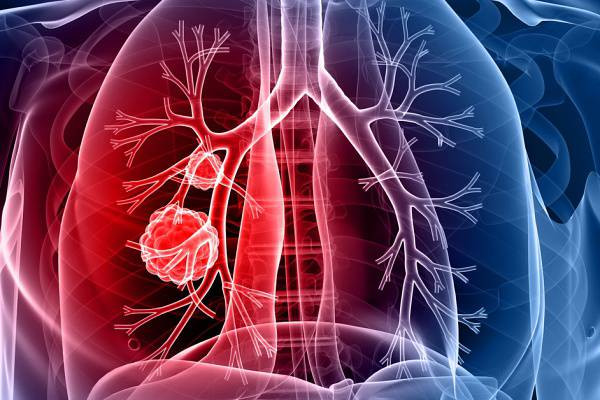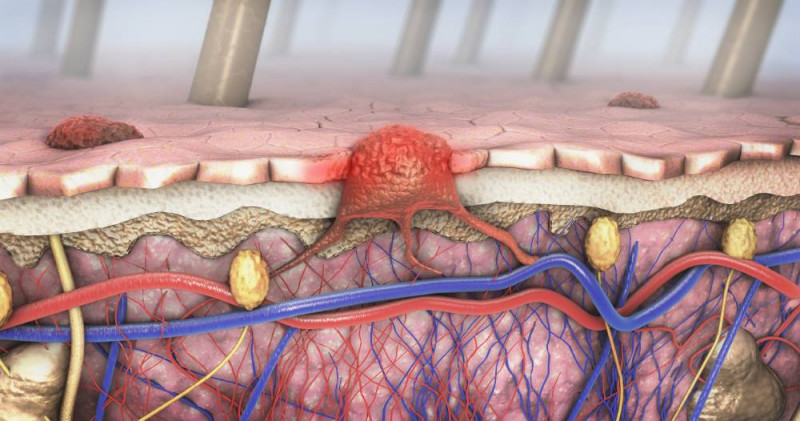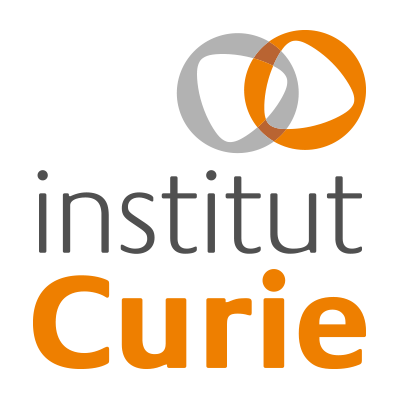
Knowledge base
Molecular diagnostics and targeted treatment of lung cancer
The vast majority of lung cancers carry mutations that are targets for targeted therapies.
Depending on the size and appearance of the lung cancer cells on microscopic examination, two histological classifications are distinguished: non-small cell lung cancer (NSCLC) and small cell lung cancer (SCLC). The former is further divided into two subgroups: glandular carcinoma (adenocarcinoma) and squamous cell carcinoma (planocellular carcinoma).
Other non-epithelial malignancies, such as sarcomas, also occur in the lungs, and it is very common for secondary, metastatic tumours to occur when the primary tumour is in another organ, and these are treated differently.
The first-line treatment for advanced or metastatic lung cancer is drug therapy: chemotherapy or targeted and/or immunotherapy based on molecular information.
For lung cancers with EGFR, ALK/ROS1 mutations, targeted treatment is with low molecular weight tyrosine kinase inhibitor (TKI) oral drugs.
Several genes are known to be responsible for tumour development in lung cancer, such as HER, BRAF, KRAS, MET, KIT, RET, FGFR1, NRG1, which are additional therapeutic targets.


















